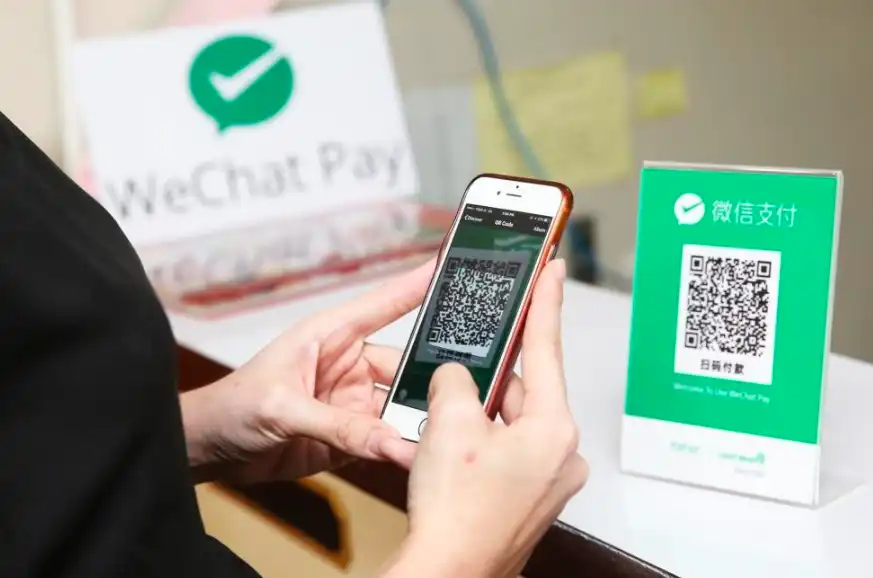
Want more Chinese tourists but don’t have a China presence? You don’t need a branch office in Beijing or Shanghai to win their attention. What you do need is cultural awareness and the right digital tools. These five practical tips will help you secure bookings, boost conversions, and create a brand that Chinese travelers trust—even from abroad.
Chinese Travelers – 5 Must-Know Localization Tips for 2025
1. Leverage Chinese Social Media Platforms
Chinese travelers rely heavily on WeChat, Weibo, Xiaohongshu (Little Red Book), and Douyin for travel inspiration, shopping, and food choices. TripAdvisor or Instagram may matter in Europe and the US, but in China they have little reach.
Even without an official presence in China, you can:
- Translate posts, menus, or brochures into Simplified Chinese.
- Create a business profile on Weibo or Xiaohongshu to share pictures, travel tips, and promotions.
- Ask past Chinese customers to leave reviews in Chinese—it builds instant credibility.
- Partner with micro-influencers (KOLs) who focus on overseas travel experiences.
For restaurants and hotels, localizing menus, welcome letters, or booking confirmations into Chinese makes visitors feel at home.
📊 In 2025, 50% of global consumers still prioritize content in their native language over price.
(Source: Harvard Business Review)
2. Localize payment channels

Cashless payment is second nature in China. WeChat Pay and Alipay are used for nearly all daily purchases, from taxis to milk tea. Tourists traveling abroad expect the same frictionless experience.
👉 Accepting WeChat Pay or Alipay—whether in-store or online—can instantly increase conversion rates.
👉 It eliminates the hassle of currency exchange or unfamiliar credit card processes.
📌 Over 90% of Chinese tourists prefer mobile payments when traveling.
(Source: Nielsen, 2025)
Example: Paris boutiques that enabled Alipay saw spending per Chinese tourist increase by 30% compared with shops that only took Visa/MasterCard.
3. Use QR Codes for Offline-to-Online Engagement
In China, QR codes are everywhere—from restaurant menus to church donations. For travelers abroad, a QR code is still the fastest bridge from physical spaces to digital interaction.
How you can use them:
- Direct tourists to a Chinese landing page with location info.
- Offer WeChat coupons or vouchers that can be saved directly in their phones.
- Guide visitors to leave a review or follow your account for future deals.
💡 Practical tip: Place QR codes at entrances, menus, and checkout counters with short Chinese text like “扫码获取菜单” (Scan for menu).
4. Localize Customer Experience Touchpoints
Attracting Chinese tourists isn’t only about language—it’s about the end-to-end experience. Small gestures go a long way:
- Add bilingual signage at airports, museums, and hotels.
- Translate hotel check-in forms and feedback cards.
- Train staff to greet in Mandarin (“你好!”) or use digital translation tools like Baidu Translate.
Even something simple like providing a hot-water kettle in hotel rooms shows sensitivity to cultural habits. These touches reduce friction, boost satisfaction, and encourage word-of-mouth recommendations.
5. Build a Chinese-Friendly Brand Online
Even if your business is outside China, you can still build digital trust:
- Translate your website or create a Simplified Chinese landing page with localized offers.
- Highlight Alipay/WeChat Pay compatibility and showcase Chinese-language testimonials.
- Optimize for Baidu SEO—the #1 search engine in China. This means using simplified characters, compressing images for fast loading, and choosing keywords Chinese travelers actually search for.
- Include a WeChat QR code on your website, Instagram bio, or printed brochures to encourage re-targeting.
✅ Bonus tip: Work with Chinese travel bloggers or agencies who promote overseas destinations. Their content often ranks high on Baidu, giving you visibility even without hosting in China.
Maximize your potential with the Chinese travel market and contact us for personalized strategies!
